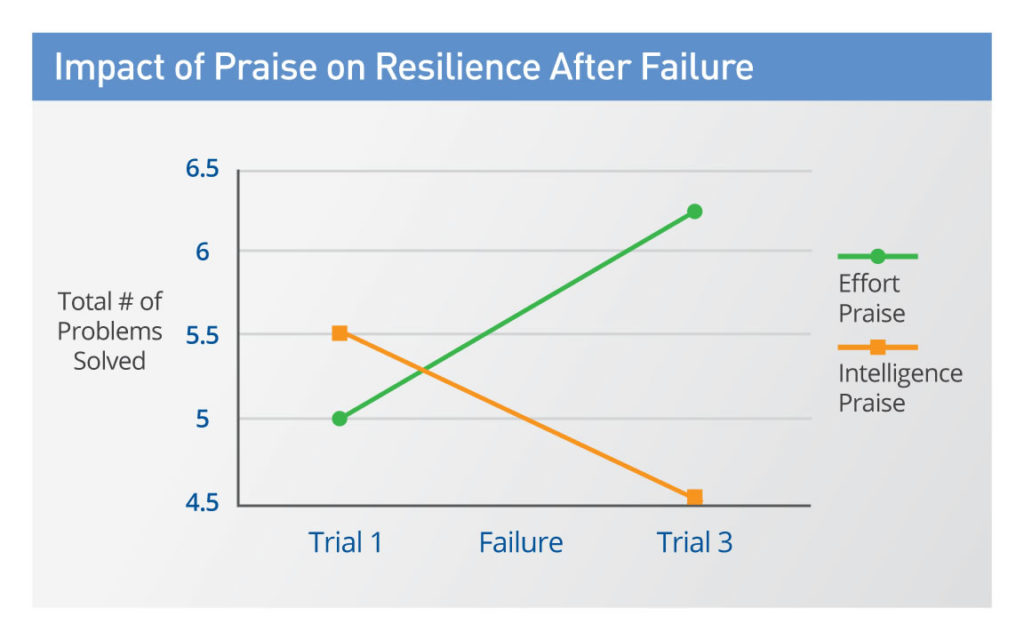Fail Again Fail Better Embracing Failure as a Paradigm for Creative Learning in the Arts
"Ever tried. Ever failed. No matter. Try again. Fail over again. Fail meliorate." – Samuel Beckett
We all fear failure. However, the insights and new pathways gained through the experience of failure are as important as those achieved through what is perceived as success. As educators, we have an opportunity to assistance learners develop the resilience to navigate and strengthen their ongoing personal, academic, and professional development in response to setbacks. How can we foster these habits of mind in our learners who try to avoid failure at all costs?
What's the evidence?
When learners realize that taking risks and failing are essential for developing clarity, understanding, and innovation, they acquire how failing finer ultimately leads to discovery and deep insight. learners who learn to welcome challenges, positioning setbacks as part of the process of growth, develop mastery because they practise non attribute failure to a lack of intellectual ability (Murphy & Thomas, 2008).
Eduardo Briceño, Co-founder of Mindset Works, describes 4 types of mistakes: sloppy mistakes, aha-moment mistakes, high stakes mistakes, and stretch mistakes (2015). He observes that stretch mistakes ensure from intentional adventure-taking and, if the learner takes time to reflect on the feel, that type of error it is more likely to lead to growth and enduring learning than successful yet less ambitious work. Stanford Academy's Resilience Project hosts an annual event that features learner-produced creative works (stories, poems, videos) in which the authors recount and reverberate on their "epic failures" ("The Resilience Project," n.d.). Indeed, how ofttimes practice nosotros acknowledge and celebrate failure as a means rather than something to be avoided at all costs?
How the educator responds to mistakes tin can besides influence learner effort. Research has shown that learners who were praised for attempt were more likely to persist and enjoy their work subsequently experiencing failure than those who were praised for intelligence (Mueller & Dweck, 1998).
 Epitome source: https://www.mindsetworks.com/Science/Teacher-Practices
Epitome source: https://www.mindsetworks.com/Science/Teacher-Practices
CATLR Tips
- Share with learners stories about when you failed and it led to comeback (Kreuter, 2011). Kreuter observes, "when nosotros forget or decline to explain to learners how our own successes have and so often arisen from seeming failures, we damagingly reinforce the mistaken notion that luminescence strikes suddenly."
- Encourage learners to take a step dorsum and consider mistakes within the larger context of their learning process. What did I hope to gain from the experience? What happened? Why do I think it happened? What can I learn from the outcome of this experience? What might I desire to do differently next time? At Williams College, Mathematics professor Edward Burger systematically engages learners in reflection on their failure, which is 5% of the concluding grade (2012).
- Attribute learner success to effort, not talent.Mueller and Dweck'south piece of work (to a higher place) reminds us that the type of feedback we provide on learner work can affect learners' interest in pursuing rigorous work that stretches them versus easy pathways in their studies. In addition to providing suggestions for improvement, it's important to recognize effort when the output is flawed. Learners are more than likely to exist able to learn from failure if the assignment takes an iterative approach to development, with drafts and feedback preceding the formally-submitted piece of work.
References
Beckett, South. (1983). Worstward ho. New York: Grove Press.
Briceño, E. (2015, November 23). Why understanding these 4 types of mistakes tin aid u.s.a. larn. Mindshift. Retrieved from https://ww2.kqed.org/mindshift/2015/11/23/why-understanding-these-four-types-of-mistakes-tin-help-usa-learn/.
Burger, Eastward. (2012, Baronial 21). Pedagogy to fail. Inside College Ed. Retrieved from http://www.insidehighered.com/views/2012/08/21/essay-importance-teaching-failure.
Kreuter, N. (2011, October 7). The freedom to neglect. Inside Higher Ed. Retrieved from https://www.insidehighered.com/advice/2011/10/07/freedom-fail
Mueller, C.M., & Dweck, C.Southward. (1998). Praise for intelligence can undermine children's motivation and functioning. Periodical of Personality and Social Psychology, 75(1). 33-52.
Murphy, & Thomas, (2008). Dangers of a fixed mindset. ACM SIGCSE Bulletin, 40(3), 271.
Source: https://learning.northeastern.edu/making-meaning-out-of-failure/
0 Response to "Fail Again Fail Better Embracing Failure as a Paradigm for Creative Learning in the Arts"
Post a Comment